A Level Textiles
Textiles A Level (Art & Design)
Exam board: AQA
Why study this subject:
Students studying Textiles will have the opportunity to work with a variety of textile materials and techniques. Problem-solving will encourage independent learning and creativity, with relevant images, artefacts and resources being integral to the process. The students will have the opportunity to study a range of areas including the history of textile design, contemporary design, costume design and domestic textiles including wallpaper. They will be encouraged to be aware of current design issues, with visits to galleries, retail outlets and relevant exhibitions an important part of the course.
Personal skills that will be challenged and developed:
Students will be required to demonstrate skills in all of the following:
- awareness of the elements of textile design, such as shape, line, scale, colour, texture, pattern, contrast and/or repetition in relation to the chosen area(s) of textile design
- awareness of intended audience or purpose for their chosen area(s) of textile design
- ability to respond to an issue, concept or idea, working to a brief or answering a need in the chosen area(s) of textile design
- appreciation of the relationship of form and function and, where applicable, the constraints of working to a brief
- understanding of a variety of textile methods, such as: fabric printing, mono-printing, relief printing, screen printing and laser printing; tie-dye and batik; spraying and transfer; fabric construction; stitching, appliqué, patchwork, padding, quilting and embroidery.
How will I be assessed:
Over 2 years:
Component 1: Textiles coursework and Personal study Essay (3000 words) 60%. 96marks
Component 2: Externally set assignment 15 hours 40%
Syllabus
Component 1: ‘Skills portfolio’ which leads into personal investigation
Following an advanced skills portfolio using a range of practical textiles techniques, students are required to conduct a practical investigation, into an idea, issue, concept or theme, supported by written material. The focus of the investigation must be identified independently by the student and must lead to a finished outcome or a series of related finished outcomes.
The investigation should be a coherent, in-depth study that demonstrates the student’s ability to construct and develop a sustained line of reasoning from an initial starting point to a final realisation, include evidence of the student’s ability to research and develop ideas and relate their work in meaningful ways to relevant critical/contextual materials.
Students should be aware of the four assessment objectives to be demonstrated in the context of the content and skills presented. They should be aware of the importance of process as well as product.
The written material must confirm understanding of creative decisions, providing evidence of all four assessment objectives by: Students are required to conduct a practical investigation, into an idea, issue, concept or theme, supported by written material. (1000–3000-word essay).
Component 2:
In Component 2, students respond to a stimulus, provided by AQA, to produce work which provides evidence of their ability to work independently within specified time constraints, developing a personal and meaningful response which addresses all the assessment objectives and leads to a finished outcome or a series of related finished outcomes.
Students will undertake a 15-hour exam in a controlled environment, under the standards and conditions set by the AQA exam board.
Future course and possible careers:
Textiles students can go on to study on Foundation courses in Art and Design, Costume and Stage Design, Marketing and Advertising, Illustration and Fashion and Textiles Design. The A Level is a well-regarded facilitating subject by both employers and universities due to the range of skills developed during the course, such as inquiry and analytical skills. Art degrees teach problem solving, team work, independence and self-motivation qualities that every employer is looking for.
